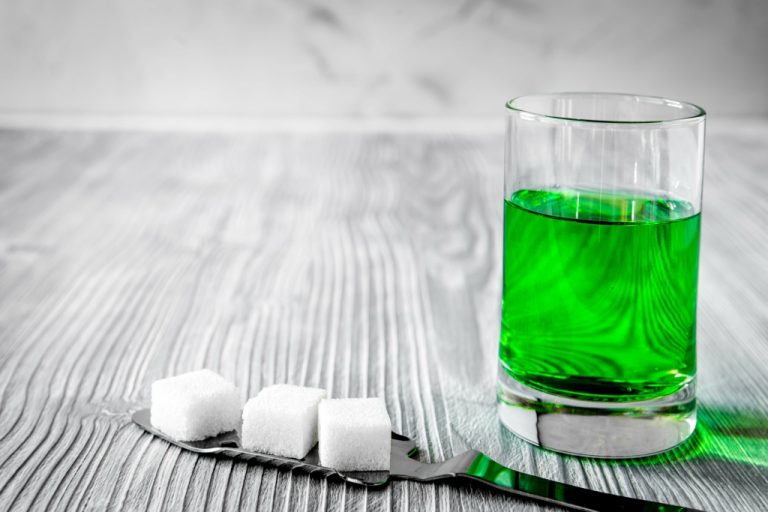Those with allergies may experience sneezing, itching, and other respiratory symptoms when exposed to red wine. To avoid experiencing such allergic reactions, it is important to consult with a doctor and identify any allergies before drinking red wine. Alcohol can cause congestion because it expands blood vessels, leading to inflammation in your nasal passages. It also contains histamines, which your body releases during allergic reactions, and sulfites, which can trigger sensitivity. If you’re already prone to allergies or asthma, alcohol may worsen your symptoms. This is because alcohol can weaken your immune system, making you more susceptible to allergens.
Wine-Induced Sneezing and Congestion: Causes Explained
Drinking a glass of wine can cause shortness of breath, sneezing, flushing, headaches and skin rashes if you are intolerant to histamine, according to the Auckland Allergy Clinic. Histamine is a chemical created in the human body that is also found in various foods and beverages. Most people can metabolize the histamine in wine, beer and other foods, but if you’re intolerant, the histamine in wine will cause adverse reactions.
Alcohol Allergy vs. Alcohol Intolerance
If you are experiencing any of these symptoms after consuming wine, it could be because you are allergic to one or more components found in the beverage. Alcohol can worsen your difficulty breathing through your nose, so it’s important to be mindful of how much you consume. If drinking alcohol is unavoidable, try to limit your intake of low-alcohol beverages such as beer or wine. Red wine should be consumed in moderation – no more than one glass per day and avoid eating on an empty stomach. Lastly, always practice responsible drinking and take frequent breaks while consuming alcohol. If you have any questions or concerns regarding your breathing difficulties, please contact a medical professional for advice.

Can I be allergic to red wine but not white wine?
If you have swollen membranes, they may make your nose feel even more congested after drinking alcohol. To help relieve a stuffy nose, you can try using a humidifier or taking a hot shower. You can also try placing a warm, damp cloth over your face to help open up your nasal passages. If your congestion is wine makes me sneeze severe, you may want to see a doctor to get a prescription for a decongestant. However, it’s possible that alcohol may cause allergy-like symptoms, known as non-allergy rhinitis. People who suffer from seasonal allergies may be likely to also respond to non-allergenic triggers for rhinitis (a stuffy nose and sneezing).
Have you ever encountered Sobriety a congested nose after indulging in a glass of wine? It can be quite bothersome, especially when you’re trying to fully savor the complex tastes and scents of the wine. But don’t worry, my fellow wine lovers, as I explore the intriguing realm of why wine can occasionally cause nasal congestion. When you have alcohol, it causes the blood vessels throughout your body to dilate or expand.

Your doctor or allergist will likely perform a skin test in order to determine what component of wine you are allergic to. Once the allergen has been identified, your doctor can help you develop a plan of action to manage your allergy in the future. People who drink red wine may be more prone to dehydration than those who don’t, as alcoholic drinks can increase the body’s need for fluids. Therefore, it is important to stay hydrated when drinking alcohol by having a glass of water between drinks and avoiding caffeine or carbonated beverages. Histamine-induced reactions occur when an individual is sensitive to histamines naturally found in wine. These reactions may cause inflammation of the skin, throat and airways, leading to difficulty breathing.
In the case of a cow’s milk allergy, a person who is allergic will develop intestinal swelling (oedema), abdominal cramping and diarrhea 1. For clarity, allergic reactions fall under the umbrella term of hypersensitivity, of which there are four distinct types and are beyond the scope of this article. Because Red Wine Allergies are mediated by the immune system, they can cause quite severe side effects while Red Wine Intolerances are often more mild. The symptoms range from sneezing and congestion to a more severe anaphylactic reaction. Histamine, which is produced during the breakdown of alcohol, is one of the main compounds responsible for these allergic reactions. People who are sensitive to histamine may experience more severe symptoms than those who are not.
Allergy testing can determine if a person is allergic to histamine or other compounds found in red wine. A skin prick test or blood test may be used to detect an allergic reaction to the particular compounds that are present in red wine. If a person is found to be sensitive to red wine, they may need to avoid it altogether or switch to white wine, which contains a lower concentration of histamine. It is important to note that not all allergic reactions to red wine are caused by histamine. The build-up of histamines can then trigger the allergy-like symptoms when certain foods or drinks, such as alcohol, are consumed.
Alcohol Allergy
- It is important to be aware of any symptoms you may experience after consuming alcohol.
- For instance, those with hay fever or pollen allergies may experience more severe symptoms due to alcohol’s effect on the nasal passages.
- You could be developing them as a reaction to the alcohol, the sulfites, or the histamine, or in connection with a medication you’re taking or a pre-existing condition like rosacea.
- Intolerance is a condition where your body can’t break down alcohol effectively, which may be genetic or develop over time.
- You had a long week, and you opened that bottle of wine to help you relax — but instead you wound up with a stuffy nose you now have to deal with.
Histamine is the https://royaltyglobalsound.com/what-is-binge-drinking-definition-facts-statistics/ primary chemical produced during an allergic reaction in soft tissues, but it’s only the result of particular antibodies that develop during an allergy. Histamine intolerance isn’t an allergic reaction because your immune system is not involved in the symptoms that develop. If you’re allergic to wine, you may notice that you sneeze more after drinking it. Beer also contains histamines which could cause a reaction in some people, including sneezing and stuffy nose after drinking.
